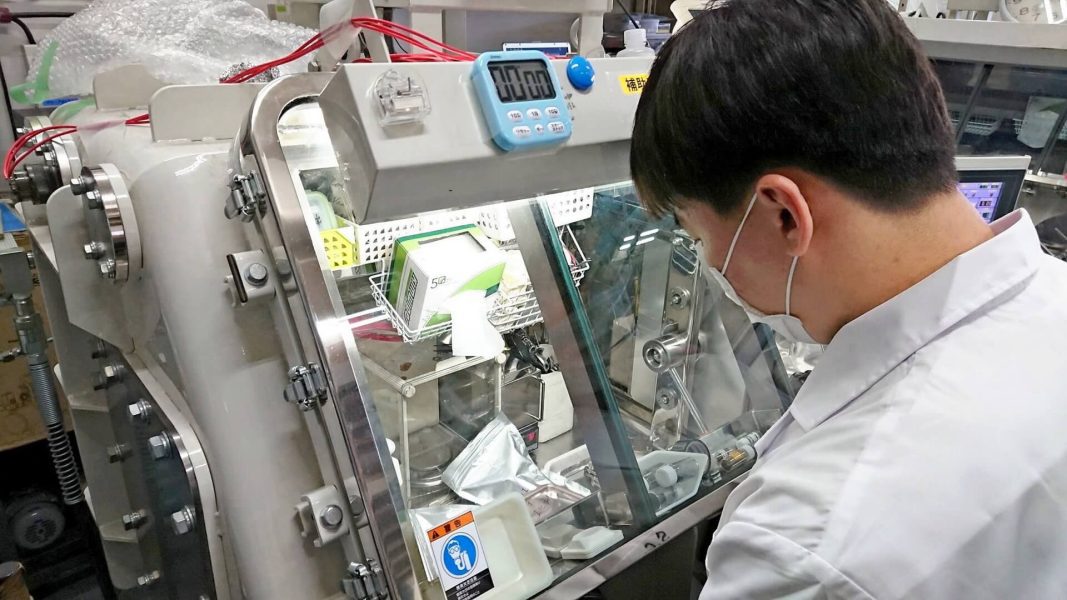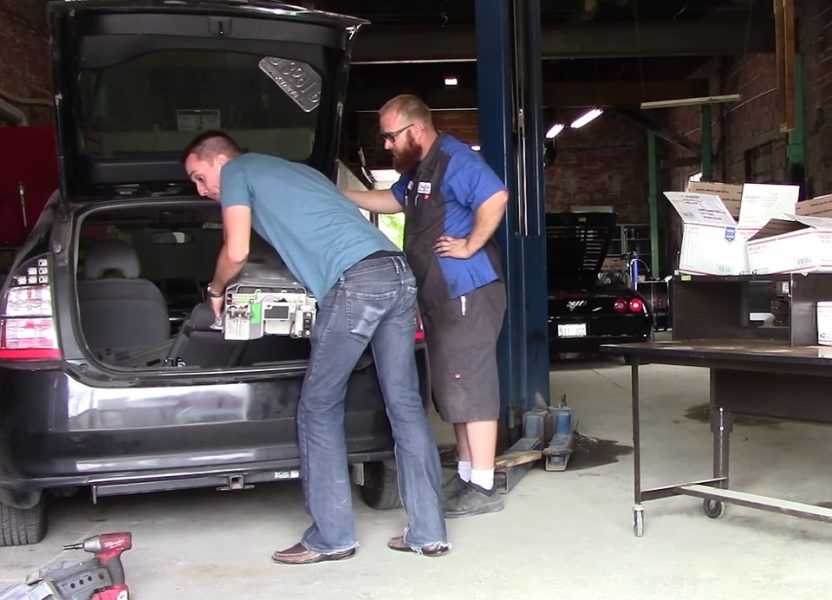
Toyota is testing F-ion batteries. Promise: 1 km per charge
Toyota is testing new fluoride-ion (F-ion, FIB) batteries with Kyoto University. According to scientists, they will be able to store up to seven times more energy per unit mass than classical lithium-ion cells. This corresponds to an energy density of about 2,1 kWh / kg!
Toyota with F-ion cells? Not fast
The prototype fluoride ion cell has an unspecified fluoride, copper, and cobalt anode and a lanthanum cathode. The set may seem exotic - for example, free fluorine is a gas - so let's add that lanthanum (a rare earth metal) is used in nickel-metal hydride (NiMH) cells, which are used in many Toyota hybrids.
Therefore, an element with F-ions can initially be considered as a variant of NiMH with borrowing from the world of lithium-ion cells, but with a reverse charge. The version developed by Toyota also uses a solid electrolyte.
Researchers in Kyoto have calculated that the theoretical energy density of a prototype cell is seven times that of a lithium-ion cell. This would mean the range of an electric vehicle (300-400 km) with a battery the size of a typical old hybrid, such as a Toyota Prius:

Removing the Toyota Prius battery
Toyota decided to develop F-ion cells to create cars that can travel 1 kilometer on a single charge. According to the experts quoted by the Nikkei portal, we are approaching the limit of lithium-ion batteries, at least those that are currently being produced.
There is something in this: it is estimated that classic lithium-ion cells with graphite anodes, NCA / NCM / NCMA cathodes and liquid electrolytes will not allow the flight range to exceed 400 kilometers for small cars and about 700-800 kilometers for large cars. A technological breakthrough is needed.
But the breakthrough is still a long way off: the Toyota F ion cell works only at high temperatures, and high temperatures destroy the electrodes. Therefore, despite Toyota's announcement that a solid electrolyte will hit the market as early as 2025, experts believe that fluoride-ion cells will not be commercialized until the next decade (source).
> Toyota: solid-state batteries go into production in 2025 [Automotive News]
This may interest you:
